Black Panther (2019)
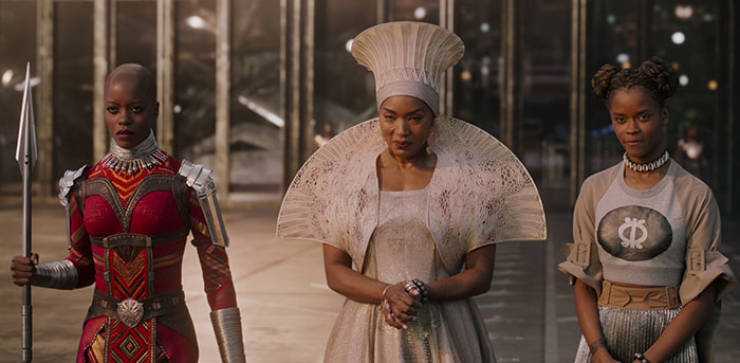
The costumes for Ryan Coogler’s Black Panther were created by the costume designer Ruth E. Carter, who became the first African American woman to receive the Oscar for the best costume design. Together with complex and extraordinary costumes came a collar and crown both created with 3D printing technology. A crown and a shoulder mantle were created with the help of Julia Koerner, who is an Austrian designer based in Los Angeles. The costumes were inspired by traditional African tribes, their clothing, and headwear designs found in traditional sources.
The Lord Of The Rings: The Return Of The King (2004)
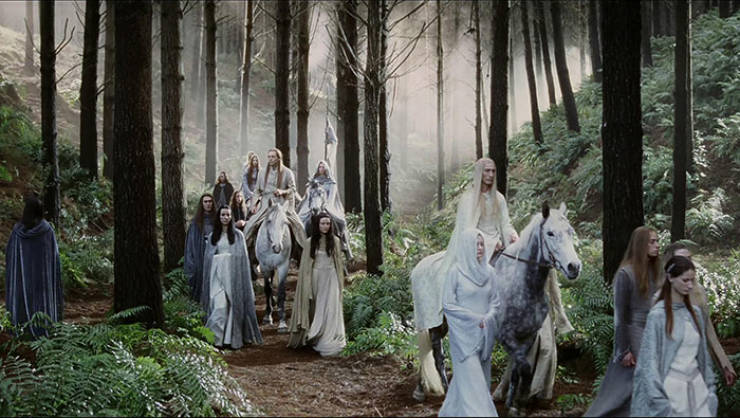
The costumes for Peter Jackson’s movie were created by Ngila Dickson ONZM and Richard Taylor. Dickson and Taylor’s team put a lot of hard work into establishing the looks of different characters. For example, Dickson soon found herself focused on the looks of hobbits, inspired by the 17th and the 18th centuries. It is shared that together, the designers were nominated for more than 20 awards.
The Grand Budapest Hotel (2015)
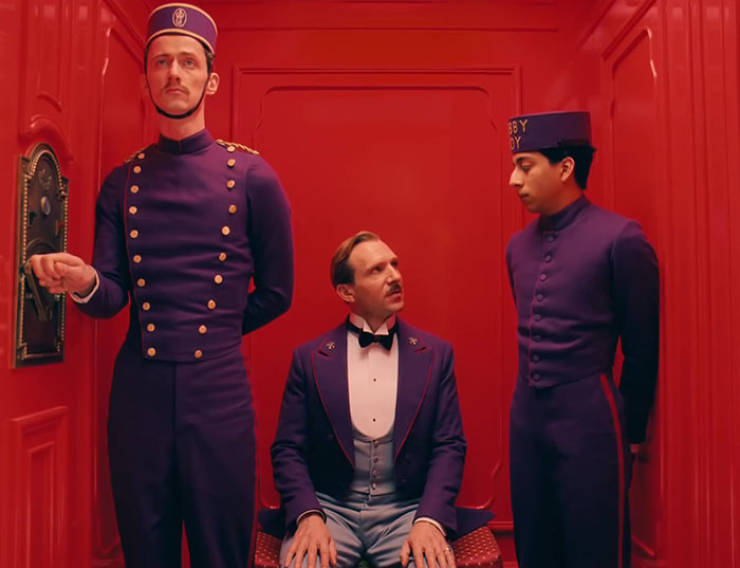
Costumes for Wes Anderson’s movie were designed by Milena Canonero, an Italian costume designer. To create some of the looks, she collaborated with fashion giants such as Fendi and Prada. The element that makes these costume designs stand out is their thoughtfully selected colour palette. The eye-catching clothing and its ability to represent the individuality of each character won another Oscar for Canonero.
Alice In Wonderland (2011)
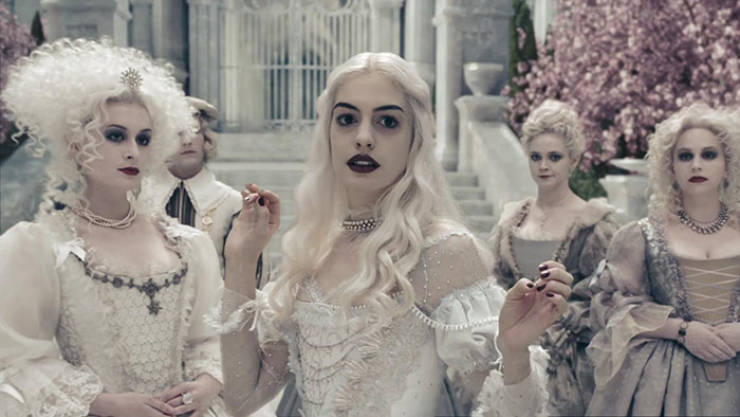
The costumes for Tim Burton’s Alice In Wonderland were created by costume designer Colleen Atwood, with whom the director had already worked on multiple other successful movies. Besides eye-catching costumes, a lot of attention was also given to hair and makeup that completed these spectacular looks. The outfits were created in a way to emphasize the “weirdness” of the characters. The only costume that maintained “normal” was Alice’s since she was thought of as a “modern” character. The difficult task was maintaining her costume while the character’s size constantly changed throughout the movie.
Titanic (1998)
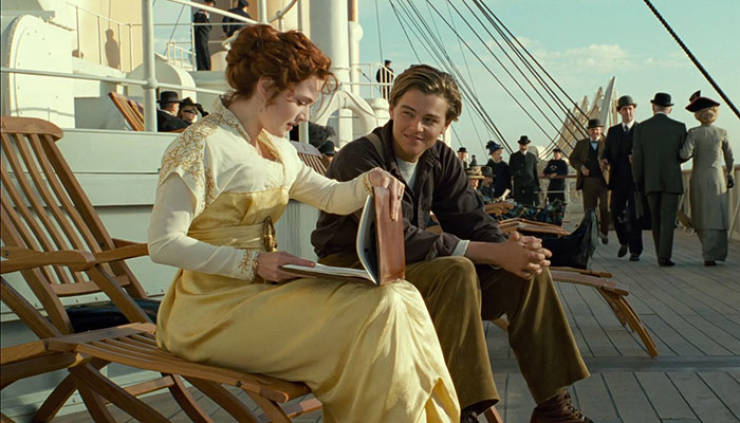
Costume designer Deborah Lynn Scott, who created costumes for James Cameron’s movie, put a lot of effort into depicting the era in which the action took place. She read books on etiquette, trying to understand how people were expected to behave and dress. The woman spent a lot of time restoring dresses and creating new ones with restored fabrics and beadings. For the characters who played third-class passengers, since they were people of various ethnic groups, their clothes came from different countries of the world.
Marie Antoinette (2007)
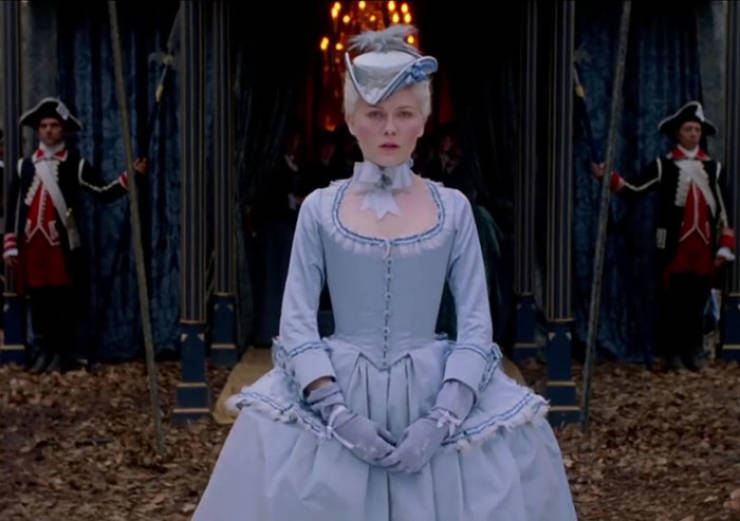
The inspiration for costume design for Marie Antoinette came from a box of Laduree macarons that were given to the costume designer Milena Canonero by the movie director Sofia Coppola. It is thought that the movie is the “best cinematographic interpretation of the 18th century”. Even though the action of the story takes place in the 18th century, the designer made sure to present it in a new and fashionable way. According to the movie director, the reference for the costume creation she took from the New Romantic movement as well as from designs created by John Galliano for Dior. The designer himself was inspired by Marie Antoinette and the fashion of the 18th century.
Elizabeth: The Golden Age (2008)
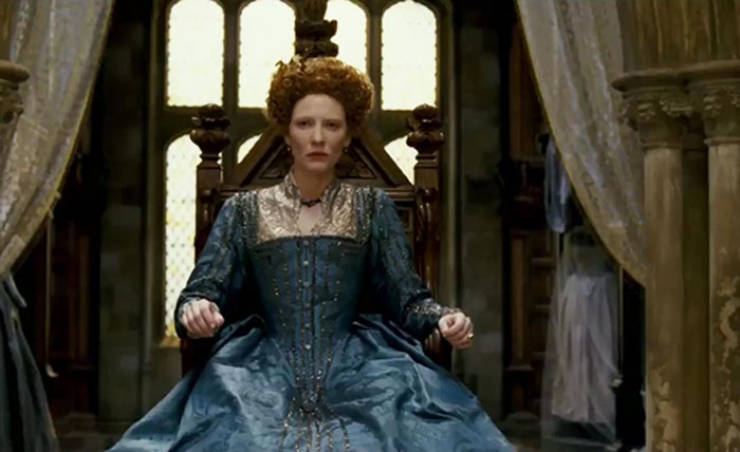
Costumes for the movie that was directed by Shekhar Kapur were designed by Alexandra Byrne. The designer made sure to use all the details that would help to capture the character of Elizabeth I through clothing. She used designs and silhouettes from that era, adding bright and rich colors, making sure that the main character would stand out from others. Even though costumes were created being inspired by the actual looks of the queen, the color palette that is shown in the movie is different from the one Elizabeth I preferred to wear in reality. In the movie, viewers can see her wearing red, blue, or yellow, in reality, she would stick with black and white colors.
Memoirs Of A Geisha (2006)
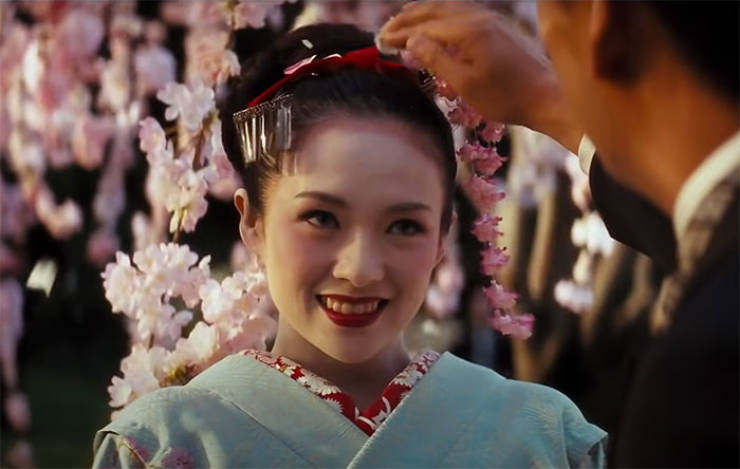
For Rob Marshall’s movie, the designer Colleen Atwood took the inspiration for the costumes from what she saw at the museums or read from books; she also consulted experts in the United States and Japan. The characters of the movie wore kimonos that were made from silk and decorated with patterns made by hand. Each character had an assigned color palette that would help to express who they were as individuals. In one of her interviews, Atwood shared that to tell a story, they had to “exaggerate it a great deal” despite having in mind that geishas are much more delicate than presented.
Moulin Rouge! (2002)
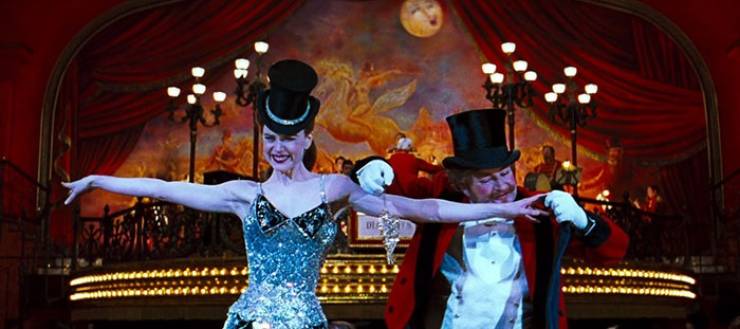
Costumes for Baz Luhrmann’s movie were designed by Catherine Martin and Angus Strathie. The costumes were inspired by the actual place called Moulin Rouge. In the interview for Vogue, costume designer Martin shared that she visited the Costume Institute at the Met to see the collections from that period. Even though the costumes remained historically precise, the designers made sure that they also remained modern and eye-catching for today’s viewers. It was also revealed that designers had an agreement not to use anything that would not belong to that period of time.
Mad Max: Fury Road (2016)
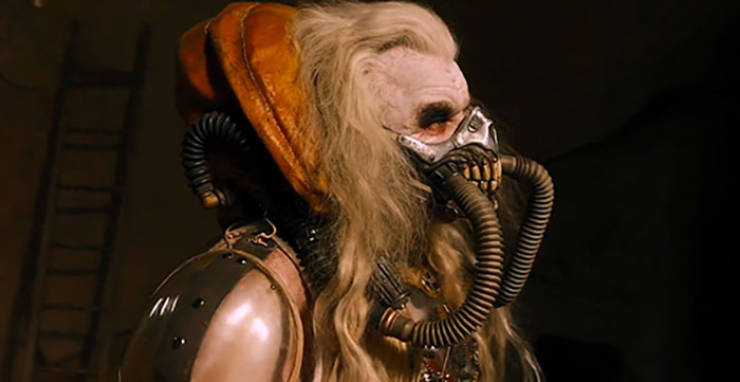
Directed by George Miller, the movie was praised for its costumes designed by Jenny Beavan, OBE. The designer has already been nominated 10 times for an Academy Award and won 2 of them. The biggest challenge when creating these costumes was to make sure that they reflected who the characters were and had a hint of practicality and not just aesthetical beauty. For this reason, the costumes were created using garments that would blend with the whole scenery.
Gladiator (2001)
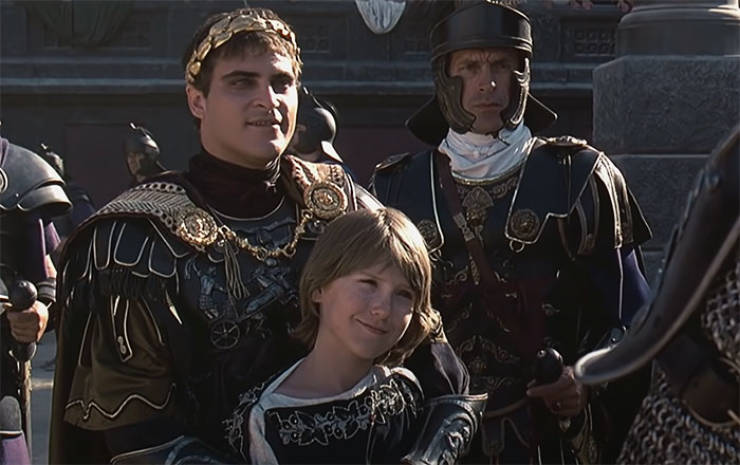
Costume designer Janty Yates, who had to create costumes for Ridley Scott’s movie, shared that during the filmmaking process, the main actor needed 12 sets of armor. For each set of armor, they had to make 8 copies of it, 4 of them being made for the actor and 4 for the stunt man, including “clean” and dirty or muddy armors for different scenes. It was revealed that to make such costumes was challenging because they had to look real but at the same time be comfortable. That is why a lot of the costumes were made from foam rubber, making sure that in the end it would look as if it was made from metal.
Bram Stoker’s Dracula (1993)
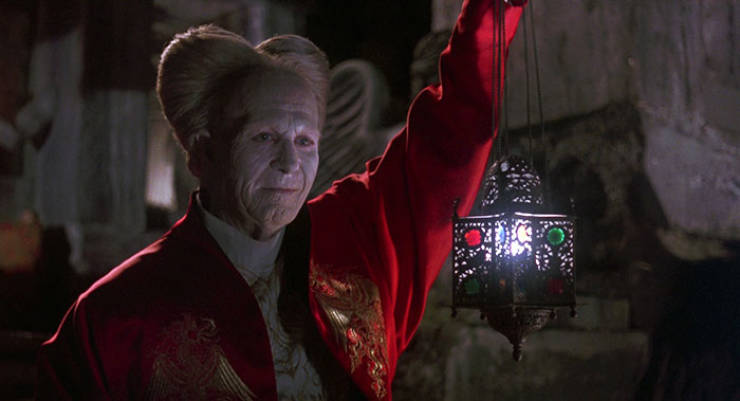
When directing the movie, Francis Ford Coppola decided to shift the importance of the set and focus on the costumes instead, believing that they can serve as the stage setting and help to determine the whole mood of the movie. To help him make his idea come true, he invited designer Eiko Ishioka, who, despite not having vast experience in costume design, created memorable costumes for the movie. Ishioka didn’t create costumes that would reflect previous character adaptions but instead, she designed Dracula’s costumes in a way that would show his transformation throughout the movie.
Fantastic Beasts And Where To Find Them (2017)
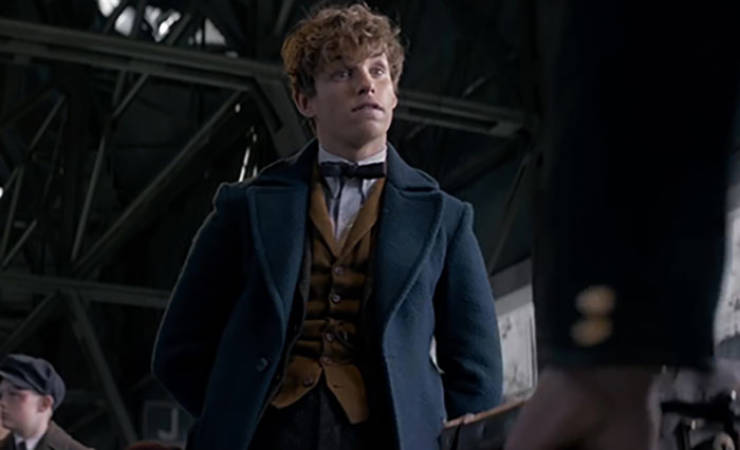
The costumes for the movie directed by David Yates were created by Colleen Atwood. She is an American costume designer who has won the Oscar three times for the best costume design. The designer was challenged to create a wardrobe that would reflect the period of 1920 as well as reveal the personalities of characters through their clothing. The designer created at least 1000 costumes for this movie. She also had to take time looking for costumes for extras, searching for clothing in a ’20s style from various countries of the world. In one of her interviews, Atwood shared that the most challenging part was to create the right look for the main character Newt Scamander, because it would be something people would recognize him by.
Shakespeare In Love (1999)
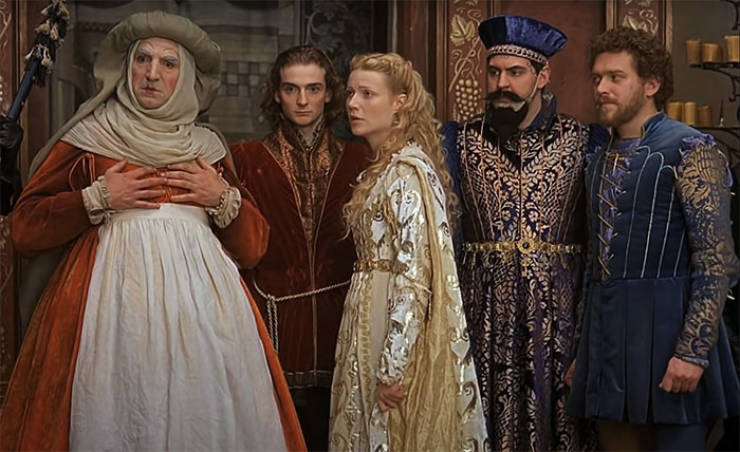
While creating costumes for the movie directed by John Madden, costume designer Sandy Powell gave a lot of attention to colors. The designer used gold, blue and crimson knowing how important the meaning of the color was during the Elizabethan period. During this time, to make sure of the separation between classes, the Queen regulated what the lower classes could or couldn’t wear, focusing more on the latter. These rules did not apply to the Queen, so the designer allowed herself to play with various colors while creating the costumes for her, creating rich looks, but creating opposite-looking costumes for those who were of the lower class.
The Great Gatsby (2014)
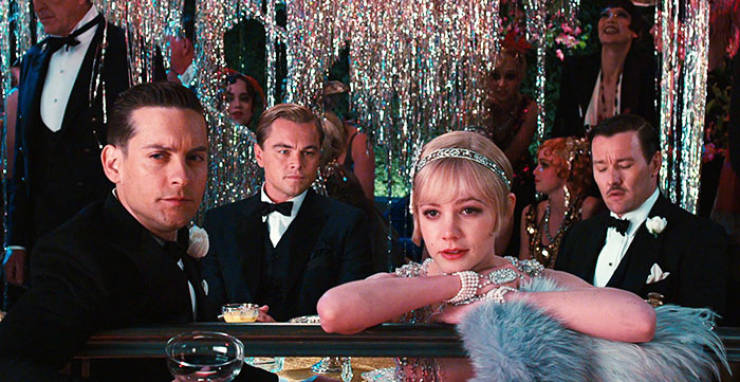
Costumes for Baz Luhrmann’s movie were designed by his wife, Australian costume designer and film producer Catherine Martin. The costumes were created in a way to portray the fashion of 1920 but have a more fresh take on the style. To create The Great Gatsby as we see it today meant to overcome a few difficult challenges. As Martin shared in one of her interviews, even though the movie plot takes place in New York, it was shot in Australia. So the whole set had to be created from scratch without forgetting a single detail. When creating the costumes, not only it was important to create authentic and eye-catching apparel but also to make sure that there would be the right amount of clothing for main actors and extras. It was revealed that Brooks Brothers supplied 1,200 costumes just for men and Muccia Prada designed 40 background dresses and some of the dresses for one of the main characters, Daisy, to wear.
The Young Victoria (2010)
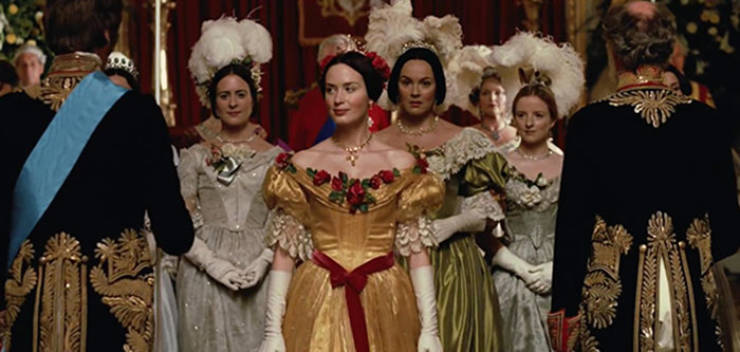
Costumes for Jean-Marc Vallée’s movie The Young Victoria were designed by Sandy Powell, who was challenged to create royal and rich-looking costumes, having in mind budget limitations and the importance of undergarments. The designer revealed that the costumes were inspired by portraits showing Queen Victoria and her family as well the information found in her diaries where she would talk about clothing in great detail. The costumes helped to render the personality of Queen Victoria, before and after she was titled. Her childhood costumes are seen as girly and lacy, later becoming more elegant and sophisticated.
The Duchess (2009)
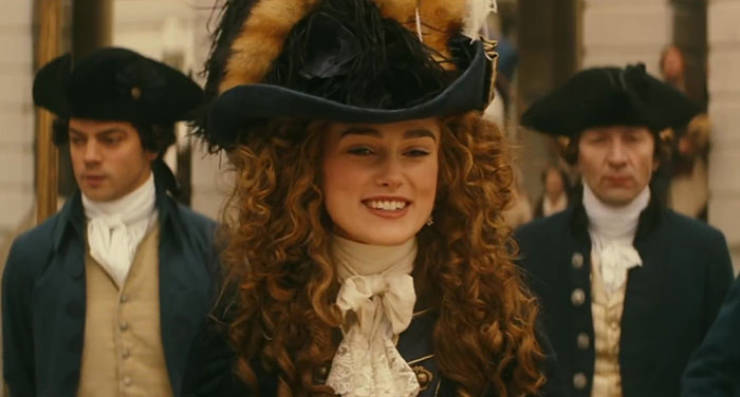
The movie about Georgina Cavendish, the Duchess of Devonshire, was directed by Saul Dibb, and the costumes were created by English designer Michael O’Connor. The Duchess is already known for being a fashion icon and it was important to portray this on screen. The important details from the duchess’ life are also coded in the accessories worn by actors. An example of this would be neck accessories that the duchess wears: while she is with her abusive husband, she wears a tight velvet neckband, and when she’s with her true love, she is noticed with a loose pendant. The designer revealed that none of the details in the costumes are there by accident or just for the sake of beauty as this woman is not only known for her taste in fashion but also for her personality.
Little Women (2020)
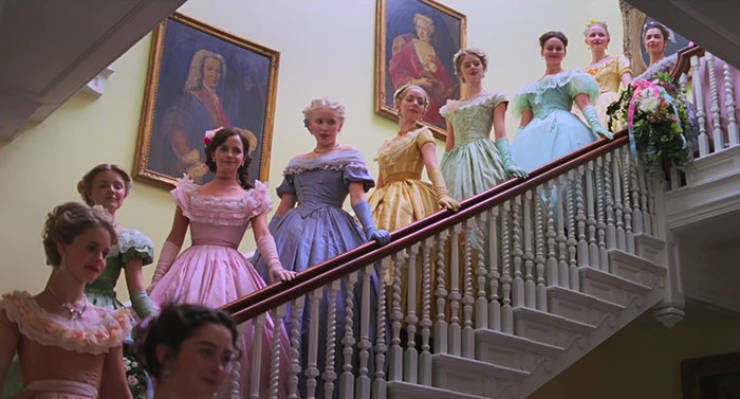
Directed by Greta Gerwig, Little Women made the costume designer Jacquelin Durran now a two-time Oscar winner for the best costume design. In one of her interviews, the designer revealed that she not only wanted to make sure that the costumes would reflect the spirit of the 19th century, but also show who each of the characters was as an individual. One of the interesting things about the costumes in this movie was that the characters shared some pieces of clothing with one another. One of the most prominent examples of this was Jo and Laurie sharing the same gold-colored vest with red spots.
Chicago (2003)
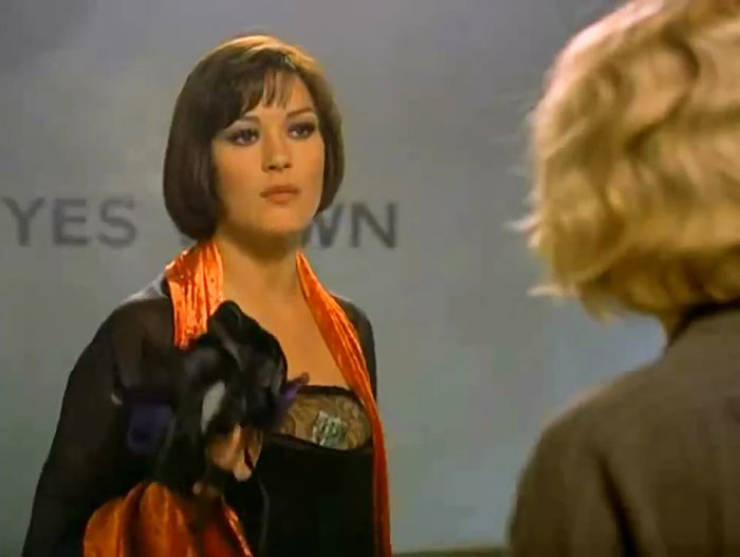
To create costumes for Rob Marshall’s Chicago, designer Colleen Atwood not only had to be familiar with the screenplay and have enough knowledge about the particular period in which the plot took place but also work with the actors and their looks. She spent a lot of time watching how actors danced and moved during the rehearsals, as they had to do both, fulfill their roles and also perform. One of the challenges during the creation of the costumes was to make sure that not only did it reflect the time and the mood of the movie, but also would be comfortable to wear while acting and dancing.
Anna Karenina (2013)
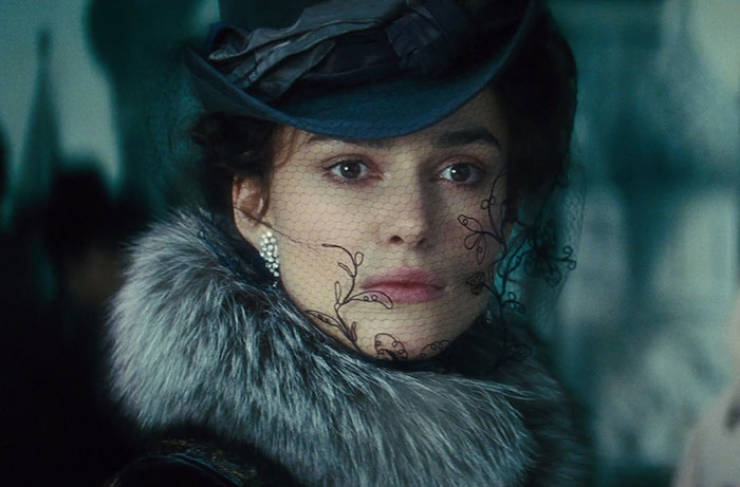
Costumes for Joe Wright’s movie were designed by Jacqueline Durran. Despite the movie being set in the 1870s, the costumes for the characters were inspired by the fashion of the 1950s as well as famous fashion designers such as Cristóbal Balenciaga and Christian Dior. So even though some costumes seem to lack the authenticity of that time, it was replaced by the desire to create a more vivid character, although the supporting characters were wearing costumes that are true to that specific period.
Phantom Thread (2018)
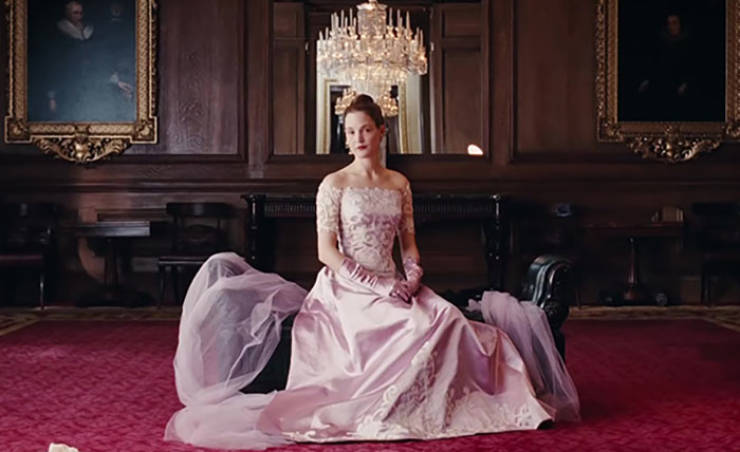
The costumes for the movie that was directed by Paul Thomas Anderson were created by Mark Bridges. Some say that it’s no surprise that this movie won the best costume design award as it portrays the life of a 1950s couture fashion house and its designer. But the costumes created for this movie serve not only the purpose of catching one’s attention with its intricate design but also reveal who are the characters who wear these dresses and costumes, as well as allowing us to understand who the man that created these pieces of clothing is.
The English Patient (1997)
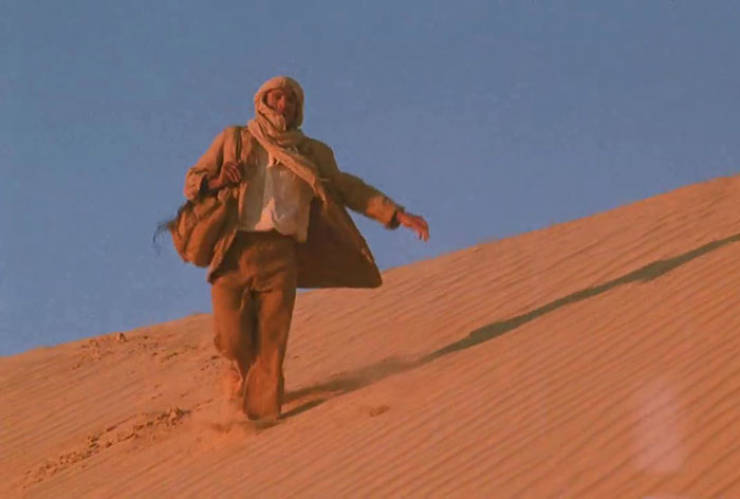
The costume designer for Anthony Minghella’s movie was Ann Roth, who is known to have been nominated for the Academy Award for Best Costume Design five times and won two of them. The designer used soft desert tones while creating costumes for male and female characters. She also used muslin to create head covers that are known to be necessary to protect the character from the sun.
The Age Of Innocence (1994)
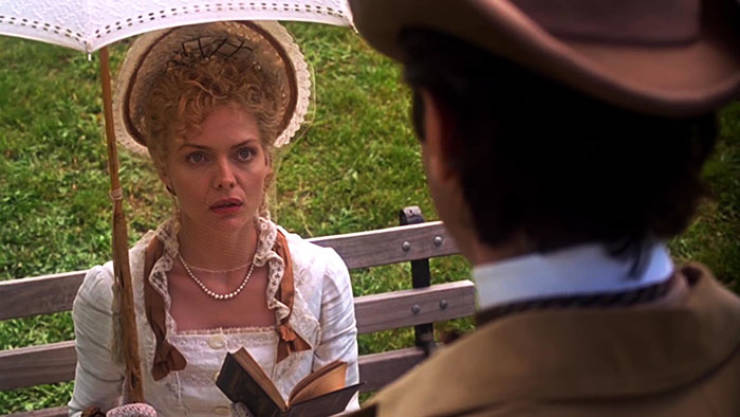
Italian costume designer Gabriella Pescucci was the one to create costumes for Martin Scorsese’s movie. The costumes she created help to understand the lavish lifestyle the characters lead, showing that a lot of research was done in order to present it in an authentic and elegant way. One again, costumes were used as a tool to show who the characters wearing the clothes really are, to portray their personalities and relations with one another.
Ma Rainey’s Black Bottom (2021)
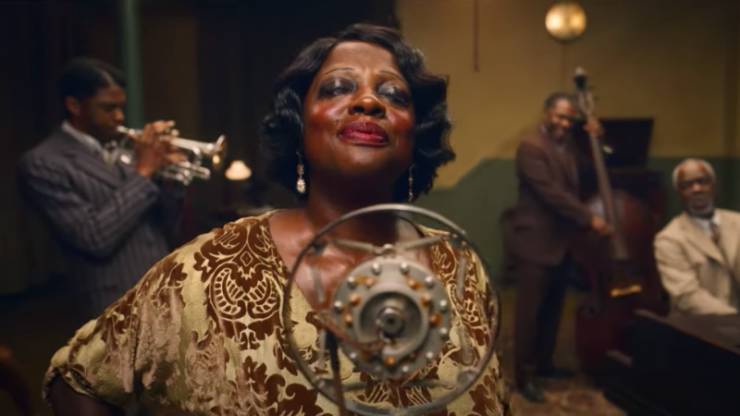
The movie that was directed by George C. Wolfe resulted in great success. The costumes were created by Ann Roth—an Oscar-winning costume designer who has been in the industry for more than 50 years. The experienced designer had just 2 weeks to prepare costumes for the cast of the movie. But the short period of time wasn’t the only obstacle she had to overcome—there are only 8 pictures of Ma Rainey, making it really hard to recreate her actual costume. However, Roth had enough experience and knowledge to portray the style of that time through her costumes.
The Artist (2012)
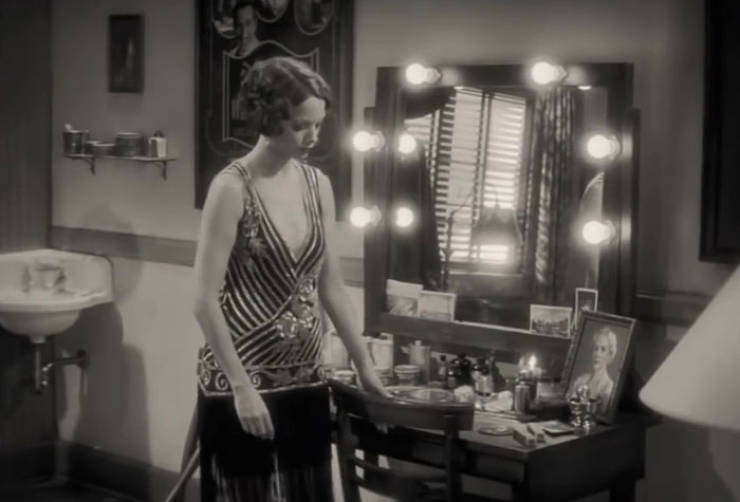
The costumes for the black and white movie directed by Michel Hazanavicius were created by American designer Mark Bridges. One of the important details in this movie was contrast. Knowing that the movie would be black and white, the designer had to play with vivid black and white colors to get the desired contrast between costumes. It was also revealed that the costumes were created in black and white as well as in color because “there was always the chance that the film would be seen in color,” as shared the designer in one of his interviews.
Cyrano De Bergerac (1991)
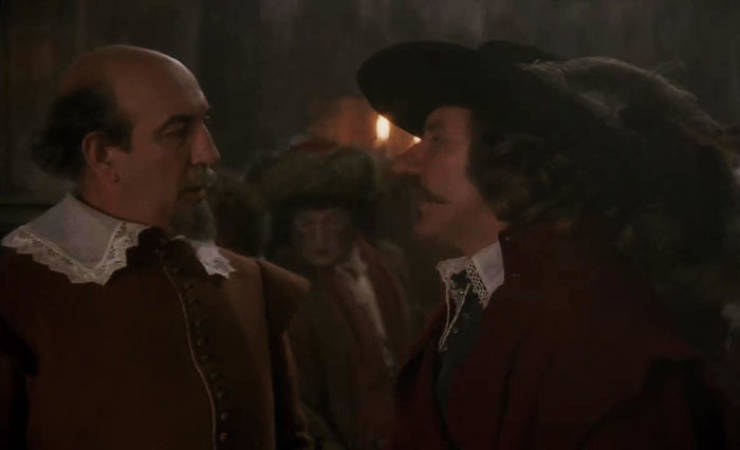
The costumes for Jean-Paul Rappeneau’s movie were created by Italian costume designer Franca Squarciapino. The woman is known for her costume designs for major opera houses and theatres. Since the plot of the movie takes place in the 17th century, as it is based on a play of the same name, written by Edmond Rostand, the costumes of the characters depict the period accurately.
The Aviator (2005)
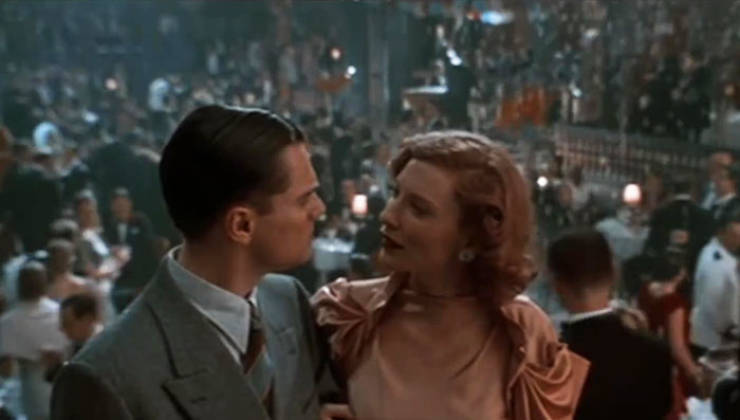
The costumes for the biographical movie directed by Martin Scorsese were created by costume designer Sandy Powell. Even though the movie was based on real people, the designer wasn’t going to copy their looks, but rather took it as an inspiration to create something that these people would wear in reality. Powell went to many costume houses where she would pick pieces of clothing and accessories that she believed would fit a certain character. The woman believed that not only images but certain things too can add to the creation of the character.
Topsy-Turvy (2000)
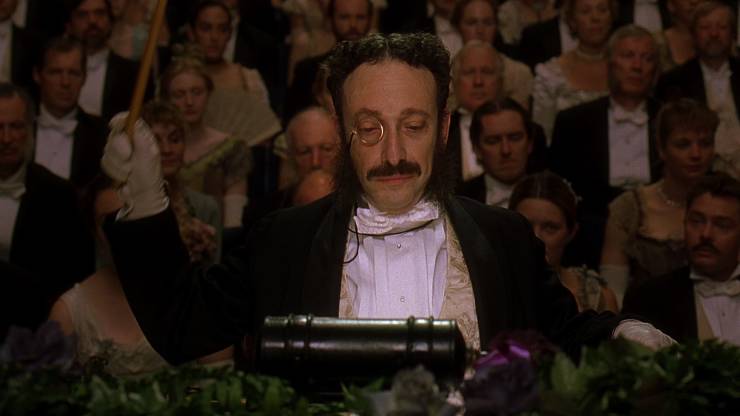
Costumes for Mike Leigh’s movie were created by Welsh costume designer Lindy Hemming. The two had already worked on some films before, Topsy-Turvy being the last one. The designer shared that Leigh had an impact on how she would work later on, stating that he had a “unique method of improvising everything”. In one of her interviews, Hemming shared that when creating a costume, a designer also has to go through the same process as an actor does, trying to find out who the character is, how they are being portrayed, and how they are going to act and behave.
Restoration (1996)
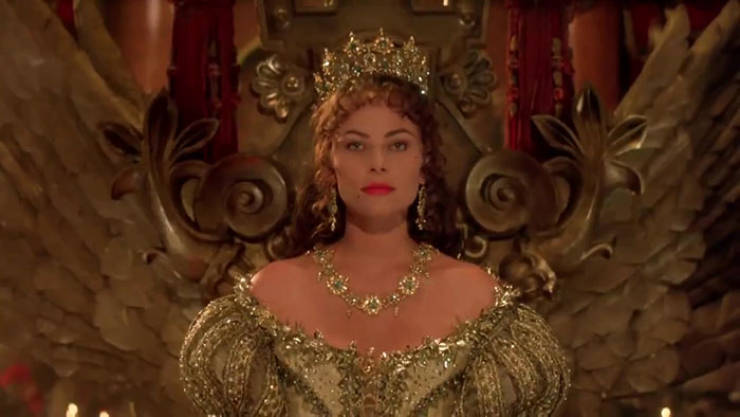
The costume designer for Michael Hoffman’s movie was James Acheson, who made sure that the costumes would not just simply reflect the certain period but would also look real and fit the character. To be able to provide viewers with such looks, the designer had to do research by looking at paintings and garments of that period found in the Museum of London. Acheson was more focused on creating the mood rather than trying to seek historical accuracy. This all had to be achieved having in mind a small budget, so he was up for a challenge of creating elaborate costumes by reusing details from old costumes or using materials one can find in a craft store.
Credits: www.boredpanda.com
 Barnorama All Fun In The Barn
Barnorama All Fun In The Barn